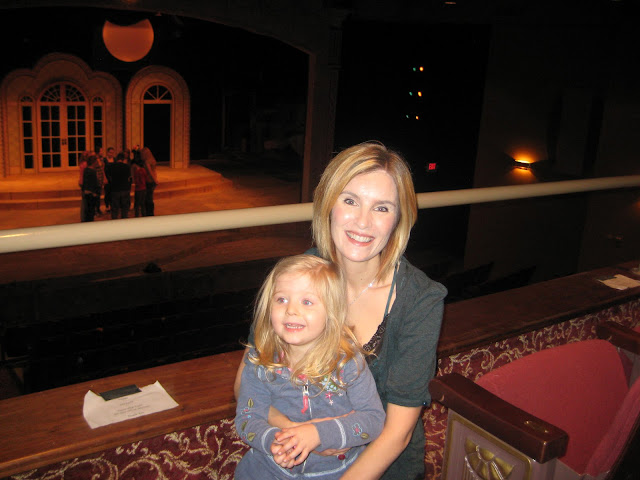In American Youth Theater, the trend is to find a book, make a play, preferably a musical, and make an easy sell for audiences, mostly school groups. Welcome to America. We have a bottom line, and that bottom line looms large. We are pushed from all areas to go bigger, increase yearly earnings, and make giant leaps in all ways. For the arts this is nearly impossible. As a culture we don't spend enough on arts programming. The arts aren't a priority. The bigger performing companies and organizations get the bigger funders, while the mid-size get fewer, and the small non-profits usually go out of business from the constant struggle. All organizations, no matter their size are also limited as to where they can apply. It is no wonder that the larger presenting theaters want to book work that sells. As a producer, fundraiser, and non-profit co-founder, I get this. Presenters want to contract work with name recognition, that can sell tickets and prove to their immediate superiors and funders that the theater seats will be filled on the day of the performance.
 |
| Animal Rhythms, Here Arts Center, NYC 2007 |
Treehouse Shakers is the antithesis to this performance model. In 2002 we introduced
Animal Rhythms: Two African Folktales. My work as a storyteller was deeply influential to the work we were creating. I was immersed in storytelling residencies, performances, world folklore, and a community of other professional and talented storytellers. It was no surprise that I wanted to make Treehouse Shakers' work with some of my favorite tales; blending our trademark style of dance-theater and live music. I love the idea of introducing young audiences to new cultures, new stories, new parts of the world. I love bridging young minds to new places through story. I also love the deeper meaning within the story.
I have watched students of all ages become engaged by story, passionate through story, exhilarated by story. To witness human listening to story is truly magical.
Animal Rhythms,
I am happy to report, has been one of our most popular shows in the New York area since its premiere. Since 2002 we have also created
Desert Travels: Tales from the Middle East, and
Coyote's Dance, coyote stories from the indigenous cultures of North America.
 |
| Coyote's Dance at The Ailey Citigroup Theater |
|
|
|
These pieces are our now part of our older repertory, but even today we often hear from theater presenters outside of NYC, that folktales don't sell. The presenter nods nicely, eyes wandering off to the looming show posters of remade top-selling children's books, citing that the work becomes too edgy when we use folktales. It just won't sell. Really? Edgy? I have seen amazing, even brilliantly edgy work from our European colleagues, but I don't think
many any letters to the editor from an angry parent or school board will appear from one of our pieces. I do believe that the work in our folktale trilogy are culturally influenced, original, exciting, and well-done, but I do not think they are edgy.
Over the past 13 years, as a storyteller in residence, I have known many educators in numerous schools. Teachers love folklore. They love to use folklore to tie into their geography, literacy, and even science curriculum. They enjoy connecting the oral traditions of the world to their students. Folktales make sense in education. I believe it is the theater presenter's job to understand the connection between folklore and the educational curriculum. It is also their role to present how folklore powerfully connects to the school curriculum. When I have sold our work to schools directly it becomes an easy pitch.
 |
| Mara Storytelling at Stephens College |
America, please listen up. If we want to be better, be bigger, be a powerful part of the world, then we need to start thinking of our children as part of the global community. This is the real bottom line. We need our children to have empathy, understand geography, understand story structure, so that they can not only imagine their own story, but the story of our future. Dear Presenter, despite the pressure to sell tickets, please consider the power of one of the oldest elements of human art forms. Give our children access to folklore, and I promise you that the seats will fill themselves.








Comments
Post a Comment